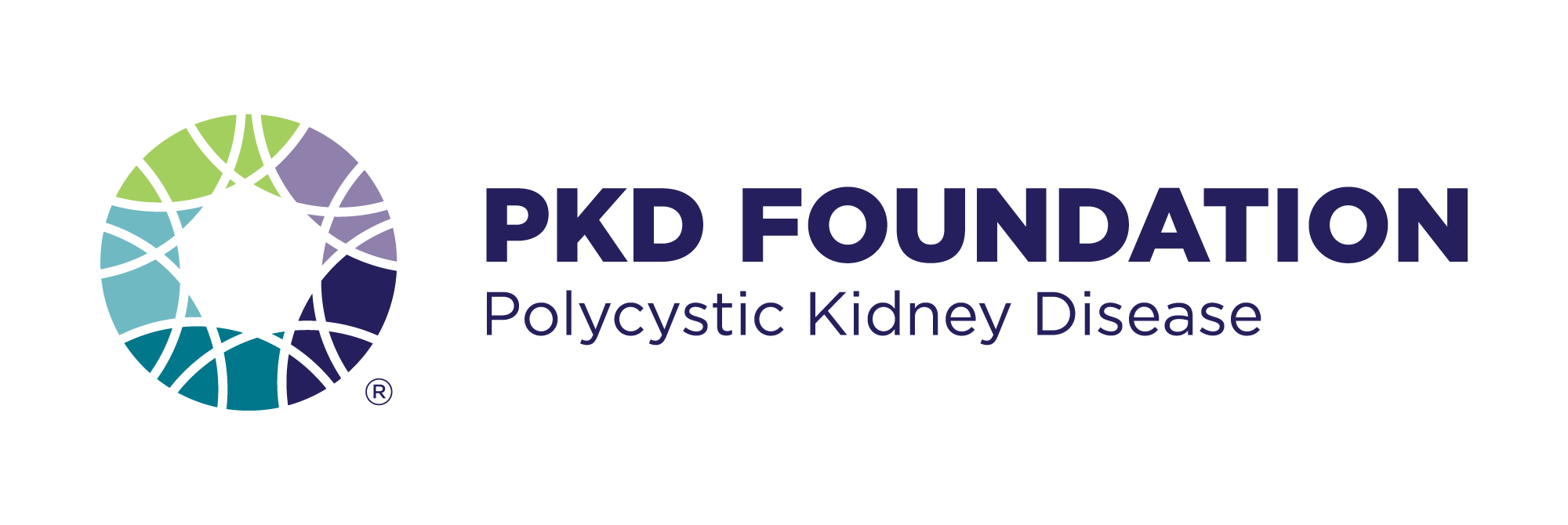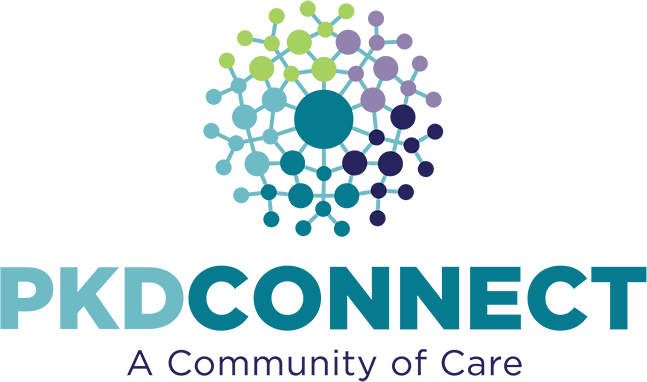JUST DIAGNOSED
LIVING WITH PKD
LIVING WITH PKD
If you or someone you care about living with PKD, some of your top priorities are to maintain a high quality of life and manage the disease. This means having a well-balanced diet, staying physically active, learning how to manage pain and finding effective ways to communicate with your health care team.
TRANSPLANTATION
TRANSPLANTATION
With more than 100,000 people waiting for a kidney in the United States, it is important to educate yourself and your family about transplantation as early as possible so that you are prepared. There are many questions when it comes to transplantation.
TRANSPLANTATION
With more than 100,000 people waiting for a kidney in the United States, it is important to educate yourself and your family about transplantation as early as possible so that you are prepared. There are many questions when it comes to transplantation.
DIALYSIS
DIALYSIS
Dialysis is a kidney replacement option that does some of the things healthy kidneys do. It is needed when your own kidneys fail or can no longer function well enough to take care of your body’s needs. There are multiple types of dialysis: hemodialysis and peritoneal dialysis.
DIALYSIS
Dialysis is a kidney replacement option that does some of the things healthy kidneys do. It is needed when your own kidneys fail or can no longer function well enough to take care of your body’s needs. There are multiple types of dialysis: hemodialysis and peritoneal dialysis.

